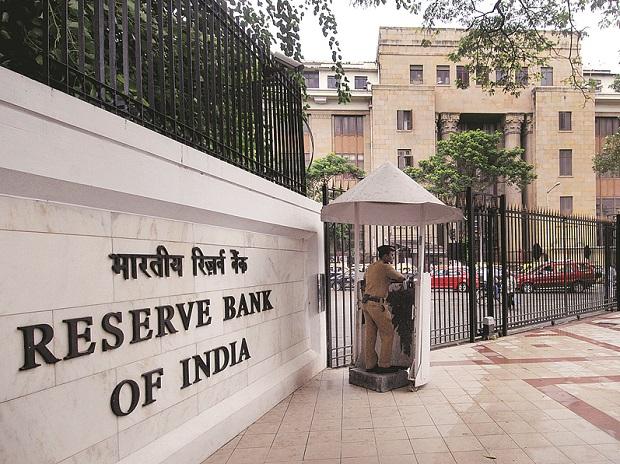on the crypto
Cryptocurrencies, what is behind the choice of closing India. A directive that is discussed and that could lead to various effects.
A few days ago Reserve Bank of India (RBI), the country's central bank, has initiated a major crackdown on the purchase and trading of cryptocurrencies such as bitcoins. At the bimonthly press conference on monetary policy, held on April 5, the deputy governor of the RBI, BP Kanungo, decreed that all the bodies regulated by the RBI "are required to cease trading with entities dealing with virtual currencies, and to disclose existing relationships within a three month period".
In short, by July, Indian banks and financial institutions will no longer be able to negotiate or facilitate transactions with companies or individuals who trade in cryptocurrencies. But why?
The reason behind this choice
In his speech Kanungo briefly outlined the reasoning behind the directive that blocks the cryptocurrency trade in India, arguing that virtual currencies "can seriously undermine the anti-money laundering regulatory framework and affect market integrity and capital control and, if they grow beyond a critical dimension, they can also compromise financial stability".
Keep in mind that it is certainly not the first time that the RBI has indicated one precautionary position on currencies virtual. Over the past five years it has issued several preliminary warnings several times and, in presenting the 2018 budget - in February - the Indian finance minister Arun Jaitley has publicly stated that the country does not recognize cryptocurrencies as legal tender.
In recent months, many of the major banks and credit card issuers in India, including the country's largest private bank (HDFC), as well as several Indian branches of multinational banks such as Citi, have banned the use of their cards for purchase of cryptocurrencies.
In this context, it is easy to see how the RBI's move comes just when governments around the world are increasing restrictions on virtual currencies. The fact that cryptocurrencies are not fully regulated and the incredible increase in the value of Bitcoin last year has raised global concerns about the possibility that these currencies can be used to facilitate any type of crime, from money laundering to evasion, passing for financing terrorism.
And so, if it is not surprising that several US banks have banned the use of their cards for the purchase of virtual currency, it does a little less the fact that even what was once an important trading center for cryptocurrencies, China, is now moving towards a partial repression, and that Japan and South Korea have also prepared a series of regulations, but more generous.
Is it the end of cryptocurrencies in India?
Until the RBI ordinance was issued, Indians could exchange virtual currencies in exchange for rupees without violating the law. This opportunity, however, ends with the July deadline, leading to significant anxiety for cryptocurrency investors in the country.
What should they do? Exit the cryptocurrency segment in the quarterly window, or evaluate how to stay in the sector, perhaps going to hold these assets abroad? In theory, all these options would involve limitations and complications.
Of course, it remains to be seen what the real effects of the directive will be, but it is clear that Cryptocurrency traders are obviously disappointed by the RBI's decision, and many are unwilling to surrender without "fighting". For example, several exchanges are trying to challenge the bank's order by appealing to the Supreme Court. Many traders have already organized differently, moving their operations to more permissive countries such as Switzerland, Dubai or Singapore.
Difficult to think of a definitive closure
It is however difficult to think of a definitive closure. Although the RBI's diktat is interpreted as a "ban" on cryptocurrencies, in reality the deputy governor also included a positive assessment in his speech, arguing that "blockchain technology (...) has potential benefits for financial inclusion and for improve the efficiency of the financial system "and that this technology should" be exploited for the benefit of the economy ". He also indicated that the RBI could even create its own "digital currency", and that a report on this prospect can be released by June.
In short, India wants to ban cryptocurrency exchanges, but at the same time it is preparing to evaluate the idea of its own digital currency. Will it be a coincidence?



